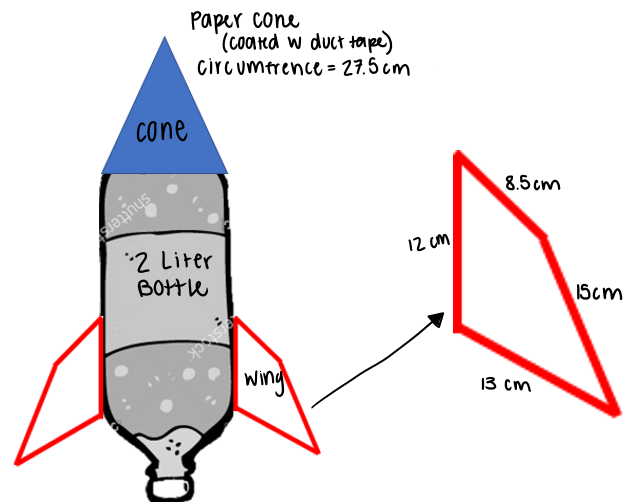

In 1998 they signed with the small Doolittle label and released an odds-and-ends EP, Leftovers by the time they completed their next album, 1999's Brand New Year, the label had gained major-label distribution, but that deal proved to be short-lived, and in 2000 the Bottle Rockets were once again without a label. Shakeups at the label led to delays in the release of their next album, 1997's 24 Hours a Day, and when the album sold poorly, the Bottle Rockets were dropped. A portrait of life in rural blue-collar America, The Brooklyn Side was the subject of lavish critical praise, and the positive notices led to the band signing with a major label, Atlantic, which promptly reissued the album. After a 1993 self-titled effort, a year later the band issued its second independent LP, The Brooklyn Side, named after a bowling term. After cutting a solo single backed by Farrar and Tweedy, he re-formed his old band with Ortmann on drums, Tom Ray on guitar, and Robert Kearns on bass, renaming the outfit the Bottle Rockets. Shortly after frequent tour mates Uncle Tupelo signed a 1990 record deal, however, internal problems led Chicken Truck to disband while the Parrs returned to civilian jobs, Ortmann moved to Nashville to become a session player, and Henneman became a roadie with Uncle Tupelo, even playing on their March 16-20, 1992 album.ĭuring his roadie days, Henneman recorded a demo tape of new material, which Tupelo manager Tony Margherita began discreetly shopping around. Instead of giving in to local crowds who wanted to hear covers rather than originals, the bandmembers focused solely on performing their own material, which they began roughing up with a Crazy Horse-like edge. In 1985, the trio was playing straight-ahead honky tonk under the guise of Chicken Truck (so named in honor of the John Anderson song) with a new drummer, Mark Ortmann. After a succession of names and a steady rise in musical competence, the threesome began landing club dates both locally and in Illinois, where they became friends with the young Jay Farrar and Jeff Tweedy, who would later start Uncle Tupelo.

The group was formed by singer/guitarist Brian Henneman, a Missouri native who formed his first band, Waylon Van Halen & the Ernest Tubbadours, in 1977 with friends Tom and Bob Parr.
#BOTTLE ROCKET DESIGNS SERIES#
After 1997's 24 Hours a Day, the Bottle Rockets returned to the ranks of the indies, but when a new lineup stabilized with 2006's Zoysia, the group gained a second wind, cutting a series of fine releases for Bloodshot Records that highlighted their versatile blend of hard rock and roots influences and Henneman's consistently excellent songwriting, especially on 2015's South Broadway Athletic Club. Lead singer, guitarist, and primary songwriter Brian Henneman was working as a roadie for Uncle Tupelo when the Bottle Rockets cut their self-titled 1993 debut in a mere two days, but the follow-up, 1995's outstanding The Brooklyn Side, was strong enough to earn the band a major-label contract. Festus, Missouri's Bottle Rockets became one of the leading lights of the 1990s roots rock/alt-country revival, thanks to a sound that bypassed the punk heritage proudly upheld by most of the band's contemporaries in favor of a full-bodied fusion of Southern boogie, country-folk, and crunching rock & roll.


 0 kommentar(er)
0 kommentar(er)
